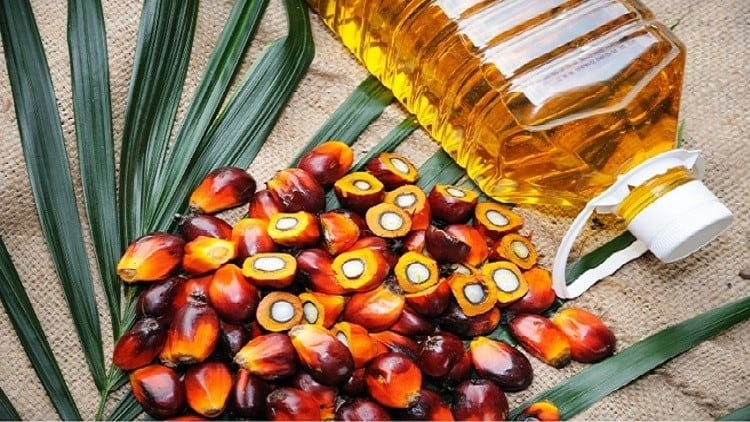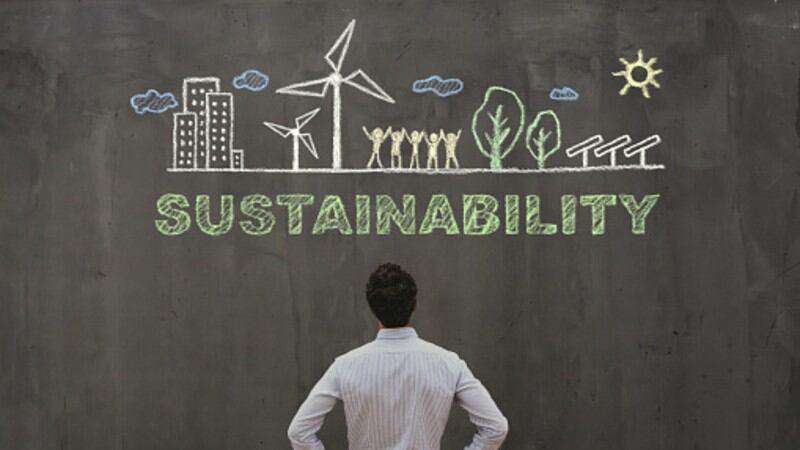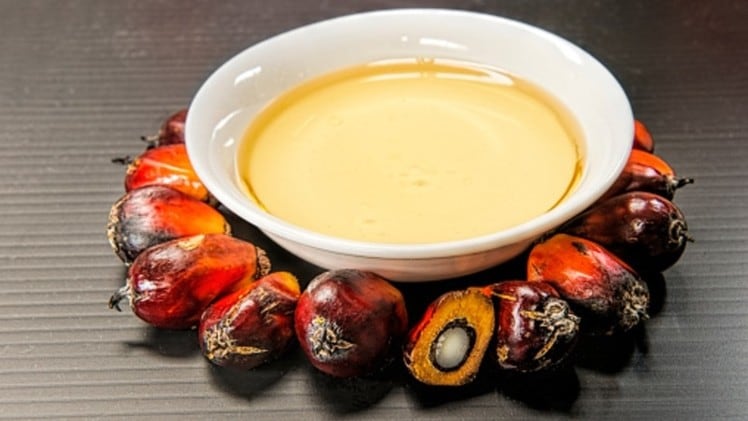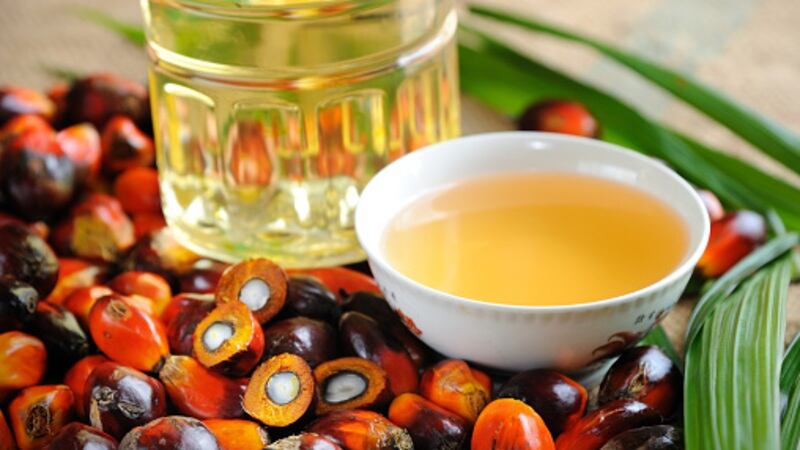MPOC is Malaysia’s foremost palm oil advocacy industry body, working together with the Malaysian Palm Oil Association (MPOA) which primarily represents producers, and the Malaysian Palm Oil Board (MPOB) which engages in R&D, and the Malaysian Palm Oil Certification Council (MPOCC) which works on standards and certifications to advance the local palm oil industry.
In an exclusive interview with FoodNavigator-Asia, newly-appointed MPOC CEO Datuk Dr Wan Zawawi Wan Ismail, who took over the helm earlier this year, revealed that he plans to introduce more industry engagement in MPOC’s strategy development.
“MPOC is primarily funded by the palm oil industry, and as such in addition to the good work that MPOC has been doing all along, I believe that we need to improve on and increase industry engagement when implementing our palm oil promotion and other strategies to ensure that these are more impactful,” Datuk Dr Wan Zawawi told us.
“We have already started doing this by increasingly roping in the industry players via MPOA and also bringing in others like PORAM (Palm Oil Refiners Association Of Malaysia), the East Malaysia Planters’ Association (EMPA) in Sabah, the Sarawak Oil Palm Plantation Owners Association (SOPPOA) in Sarawak and more when launching any promotional activities.
“My guiding principle here is that if we are closer to the industry, we will be more alert to the problems they are facing so we know how, what and when to do promotions or raise awareness – these are top, top industry players we are dealing with, and they are very receptive as it’s been a long time since they were directly engaged this way.
“It’s also important so that the industry can see that the funding they are providing to MPOC is in a way being given back to them, based on the [wants and needs] of the sector.”
Currently the focus is mostly on online and other non-contact promotions due to COVID-19, but Datuk Dr Wan Zawawi is confident that even these are making a significant impact.
“We’ve been doing many seminars and webinars online due to COVID-19, having to engage via the internet with our many partners and have also made many efforts to just be seen, such as setting up billboards or setting up promotions on public transport,” he said.
“These efforts are not just being implemented locally but also overseas – our branches in India, Cairo and China especially are doing a lot of such promotional work, so although we cannot physically do our promotions there, these will definitely help.”
Diversifying to break away
India and China remain the biggest export markets for Malaysian palm oil, but Datuk Dr Wan Zawawi also told us that there are major works in place to diversify export markets and shake things up.
“The current palm oil market only has two major palm oil exporters – Indonesia takes about 70% and we take about 26% to 27% and it has been this way for some time,” he said.
“If we don’t seek to diversify our export markets and find new markets to break into, then this will remain forever stagnant and Malaysia will remain at this 27% - so we need to diversify to break away from traditional markets and this stagnation.
“So India and China remain very important markets to us and will continue to be a focus, but we are also focusing energies on other parts of the world – for instance the government engaged with Middle Eastern counties such as Saudi Arabia and Iran and also talked to North Africa when on a visit a few weeks back.
“We are also talking to Eastern European countries such as Uzbekistan – it has been suggested that we can establish an Eastern European hub in Uzbekistan so we can be nearer to them and the costs and prices of palm oil brought to them can be cheaper such that we can have better, further reach in the region.
“In addition, Japan has also just introduced sustainable palm oil as a focus and we are hoping to partner with them on this, and Cyprus is also an area we are looking at – so all in all, many markets we are looking at expanding to and if we can confirm all these markets soon then a lot of growth is incoming for Malaysian palm oil.”
More good things ahead
Datuk Dr Wan Zawawi also expressed optimism that palm oil consumption is on the uptrend, and that a robust year lies ahead for the industry.
“Palm oil is consumed a lot in the HORECA industry, and as COVID-19 eases in some places and economies start to open up, consumption will follow through and more people will be back to consume palm oil in the near future,” he said.
“Looking at prices, we also predict that these will remain stable at around between RM3,500 (US$826.54) to RM3,800 (US$897.39) per tonne from now until the first quarter of 2022.
“Malaysian palm oil is in the right position for resilience and growth, and I dare say that as consumption returns, in 2022 the market is likely to be quite robust as well.”
He also expressed hopes that the United Kingdom is opening up to certified sustainable palm oil (CSPO) with the advent of Brexit, and that this would help turn the tides in the sector’s favour over in the west.
“The UK is looking for new trade partners after Brexit, including ASEAN countries, and we really need to take this opportunity to work with them – they have a lot of influence including over in western countries, and getting them on the side of palm oil would help the sector a lot in those markets,” said Datuk Dr Wan Zawawi.
“For example, the hope is that the UK can be a partner for us in going to Europe as they have that clout even though they are no longer part of the union – and there is hope. The UK city of Chester recently announced that it had become the world’s first Sustainable Palm Oil City, and there are more cities following its footsteps [such as Oxford and Newquay].
“Imagine if all the cities committed to this and became Sustainable Palm Oil cities – this would be wonderful for the CSPO industry, and is something we would very much like to see.”





